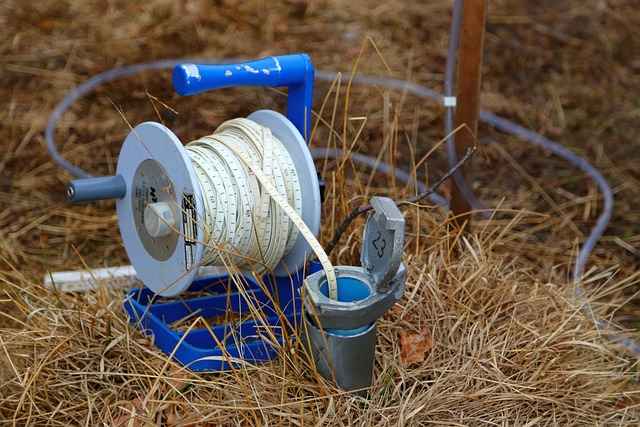
Groundwater
Published on
Average Read time: 1 minute 38 seconds
Groundwater refers to the water that is stored beneath the Earth's surface in soil pore spaces and in the fractures of rock formations. It is one of the most important sources of freshwater globally, supplying drinking water to billions of people and supporting agriculture, industry, and ecosystems.
Here are some key points about groundwater:
Formation: Groundwater primarily comes from precipitation that infiltrates into the ground, percolating through soil and rock layers until it reaches the water table—the level below which the ground is saturated with water.
Aquifers: Groundwater is stored in underground reservoirs called aquifers, which are typically composed of porous materials such as sand, gravel, or permeable rock formations like limestone. Aquifers vary in size, depth, and recharge rates.
Recharge: Groundwater is replenished through a process called recharge, which occurs when precipitation infiltrates the ground and adds water to the aquifer. Recharge rates can vary depending on factors such as precipitation patterns, soil characteristics, and land use practices.
Withdrawal: Groundwater can be accessed through wells for various purposes, including drinking water supply, irrigation, industrial processes, and groundwater-dependent ecosystems. However, excessive withdrawal of groundwater beyond its natural recharge rate can lead to depletion of aquifers and negative impacts on water availability and quality.
Water Quality: The quality of groundwater can be influenced by natural factors such as geology and human activities such as agriculture, industry, and waste disposal. Contamination of groundwater by pollutants such as chemicals, fertilizers, pesticides, and heavy metals can pose risks to human health and the environment.
Management: Sustainable management of groundwater resources is essential to ensure long-term availability and quality. This includes measures to monitor groundwater levels, regulate pumping rates, promote water conservation practices, and protect recharge areas and groundwater recharge zones.
Formation: Groundwater primarily comes from precipitation that infiltrates into the ground, percolating through soil and rock layers until it reaches the water table—the level below which the ground is saturated with water.
Aquifers: Groundwater is stored in underground reservoirs called aquifers, which are typically composed of porous materials such as sand, gravel, or permeable rock formations like limestone. Aquifers vary in size, depth, and recharge rates.
Recharge: Groundwater is replenished through a process called recharge, which occurs when precipitation infiltrates the ground and adds water to the aquifer. Recharge rates can vary depending on factors such as precipitation patterns, soil characteristics, and land use practices.
Withdrawal: Groundwater can be accessed through wells for various purposes, including drinking water supply, irrigation, industrial processes, and groundwater-dependent ecosystems. However, excessive withdrawal of groundwater beyond its natural recharge rate can lead to depletion of aquifers and negative impacts on water availability and quality.
Water Quality: The quality of groundwater can be influenced by natural factors such as geology and human activities such as agriculture, industry, and waste disposal. Contamination of groundwater by pollutants such as chemicals, fertilizers, pesticides, and heavy metals can pose risks to human health and the environment.
Management: Sustainable management of groundwater resources is essential to ensure long-term availability and quality. This includes measures to monitor groundwater levels, regulate pumping rates, promote water conservation practices, and protect recharge areas and groundwater recharge zones.
Overall, groundwater is a valuable resource that plays a critical role in meeting the water needs of societies and ecosystems worldwide. However, it requires careful management to ensure its sustainability and resilience in the face of growing water demands and environmental challenges.